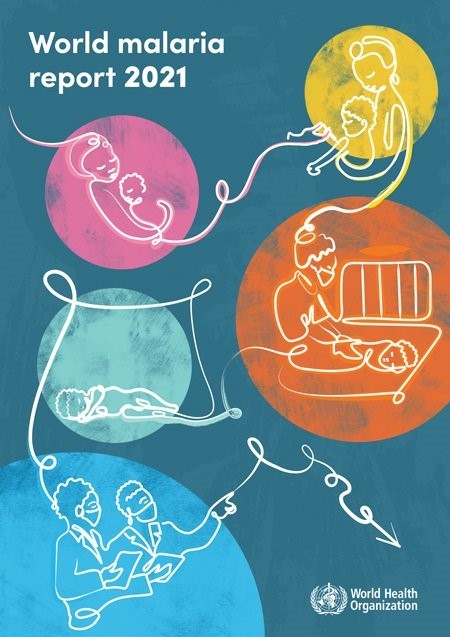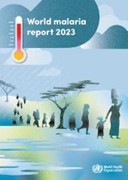Online Course
NRSG 780 - Health Promotion and Population Health
Module 13: Critical Issues in Population Health
Global Strategies and Priorities
World Health Organization

WHO is the lead international organizer in addressing population health. Its Health for All initiative has provided the focus for establishing priorities and inroads for success. Since its inception in the late 1940s, WHO has expanded its focus from the control of communicable diseases to include non-communicable or chronic disease.
WHO directs and coordinates international health through:
- Providing leadership on matters critical to health
- Shaping the health research agenda
- Defining norms and standards for health
- Articulating policy options for health
- Providing technical support and building capacity to monitor health trends
For more information review the WHO Programme of Work 2015-2028 Global Health Strategy for Advancing Equity and Resilience in a Turbulent World
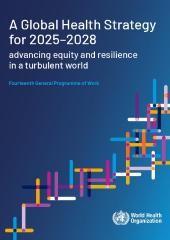
Available at https://www.who.int/about/general-programme-of-work/fourteenth
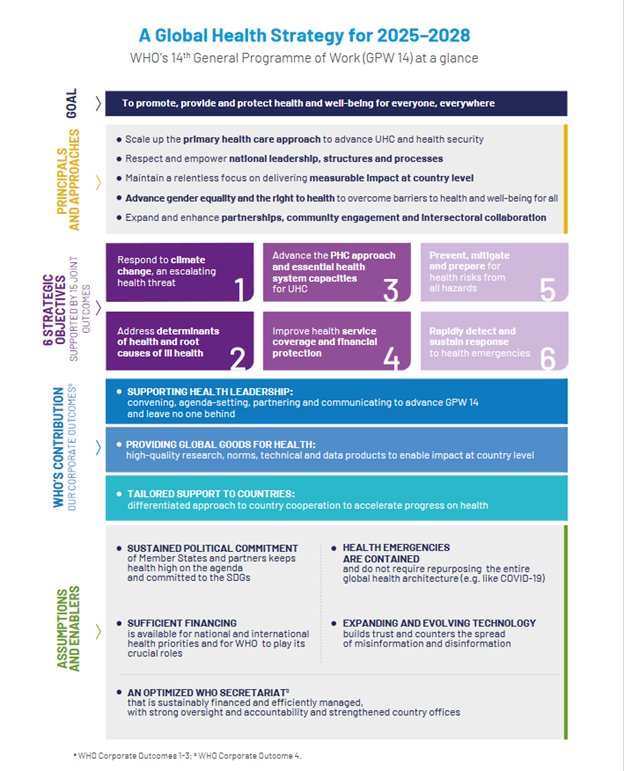
WHO--Communicable Disease Efforts
WHO’s malaria initiatives have become more intensive in the past decade and are mounted worldwide.
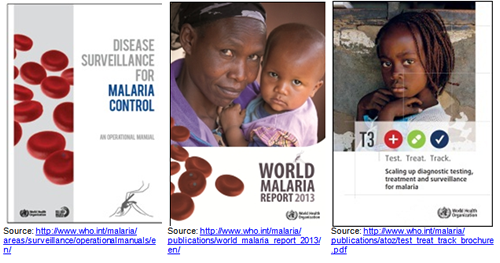
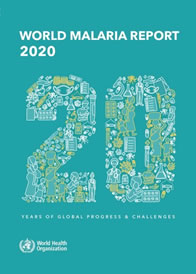
Similarly, WHO’s efforts to eliminate TB have escalated.
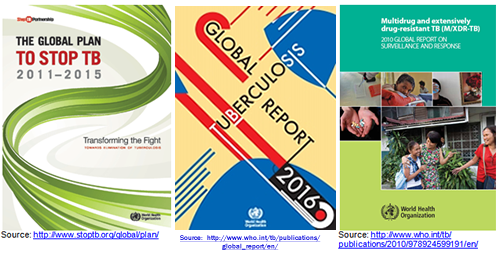
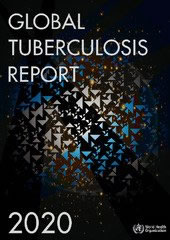
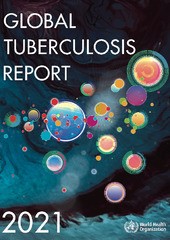
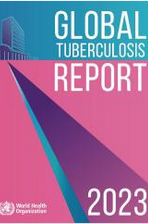
WHO’s 3 by 5 initiative was one of its first campaigns aimed at getting 3 million people living with HIV/AIDS in developing and middle income countries on antiviral treatment by the end of 2005. It was a major step towards the goal of providing universal access of HIV/AIDS services for all who need them as a human right.
WHO continues to advance the agenda for reducing HIV/AIDs…
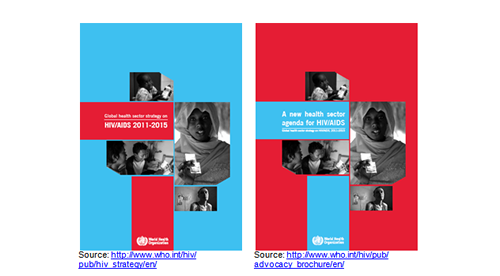
…and intensive efforts to address HIV have been strengthened by partnerships with the Global Fund to Fight AIDS, Tuberculosis and Malaria, the U.S. President’s Emergency Plan for AIDS Relief, and the UNAIDS initiative. The WHO strategic direction for HIV for 2022-2030 highlights synergies and provides guidance on integrated disease response for HIV, Viral Hepatitis and Sexually Transmitted Infections that is designed to increase efficiency, improve quality, and accelerate progress in eight years.
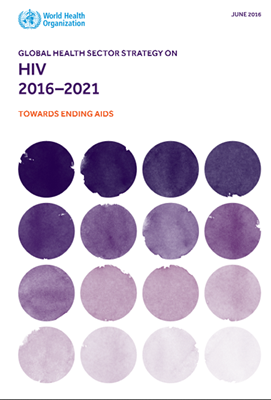
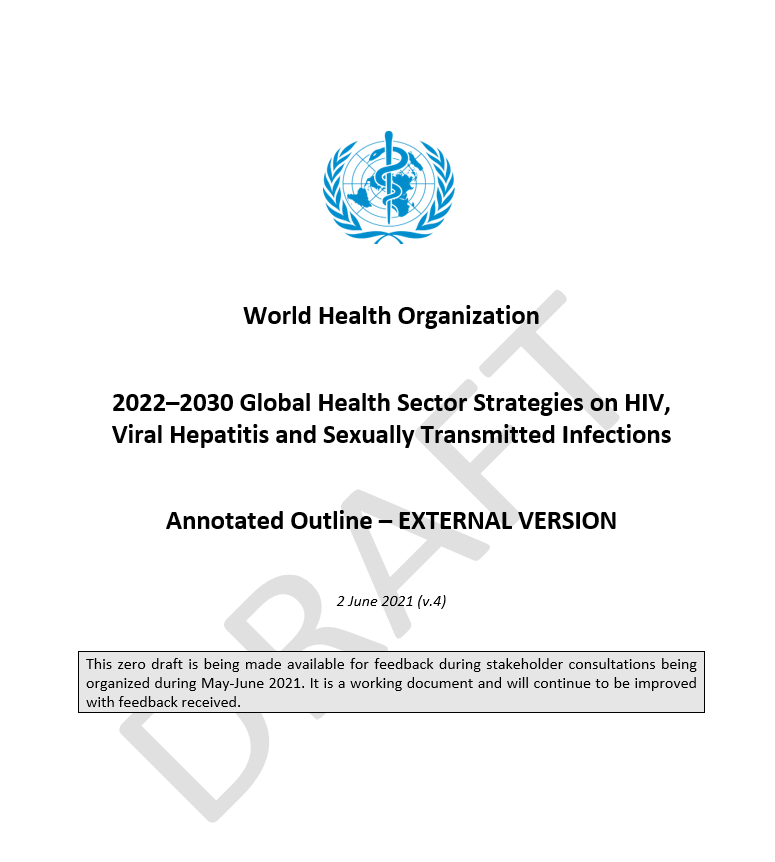
Source: http://apps.who.int/iris/bitstream/10665/246178/1/WHO-HIV-2016.05-eng.pdf?ua=1
WHO, the United Nations, DHHS and other long-standing international organizations continue to provide leadership in HIV/AIDS by bringing the best research and practice professionals together to share information.

For more information on the 13th IAS Conference on HIV Science, July 13-17 2025 in Rwanda, that highlights the importance of partnerships and evidence-based research in achieving gains in HIV treatment and reduced infections worldwide check out the conference website at https://www.iasociety.org/conferences/ias2025
WHO is spearheading the international efforts for the novel COVID-19 pandemic. Addressing this emerging infection has emphasized the importance of understanding the epidemiological triangle, the chain of infection, and how fast a virus can spread and impact the global community. COVID-19 has highlighted the need to use basic public health precautions such as testing, contact-tracing, social distancing, hand washing, and masks to mitigate the impact of a virus that we are continuing to understand and treat COVID-19 has emphasized the urgency of vaccine development and planning mass immunization campaigns as well as establishing herd immunity. The COVID-19 crisis has also showcased the need to plan and prepare for a global response to public health threats, including communication, treatment facilities, equipment, testing, and personal protective equipment (PPE).
The WHO Director General, Dr. Tedro, recently cautioned that we have a long way to go and that there must be a “new normal, a world that is healthier, safer, and better prepared.”
The map below summarizes the current status of COVID-19 worldwide.
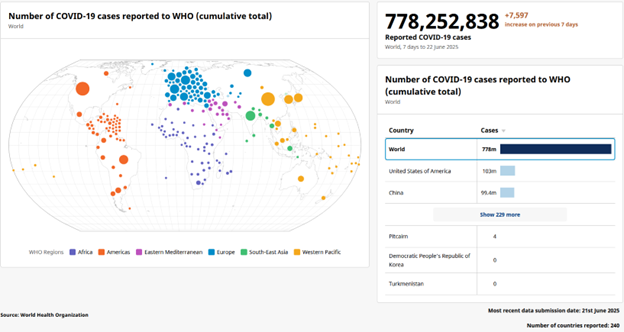
For more information and to search by country click here https://data.who.int/dashboards/covid19/cases?n=c
WHO World Health Organization – Non-Communicable Disease Efforts
In the area of chronic diseases, often referred to internationally as non-communicable diseases, WHO has been working to check the double burden of infectious and chronic disease that affects the majority of the world’s population.
Watch this video (6:21) on the WHO global non-communicable disease priorities and partnership network.
WHO has an international mandate for developing and implementing a Global Strategy on Diet, Physical Activity and Health as a leading public health priority.
A few largely preventable risk factors account for most of the world's disease burden. This reflects a significant change in diet habits and physical activity levels worldwide as a result of industrialization, urbanization, economic development and increasing food market globalization. Recognizing this, WHO has adopted a broad-ranging approach and has developed, under a May 2002 mandate from Member States, a Global Strategy on Diet, Physical Activity and Health, which was endorsed by the May 2004 World Health Assembly.
A joint WHO/FAO expert report, Diet, Nutrition and the Prevention of Chronic Diseases (2003), examines the scientific data and makes recommendations for the development of regional and national guidelines to reduce the burden of nutrition related diseases: obesity, diabetes, CVD, cancer, osteoporosis and dental disease.
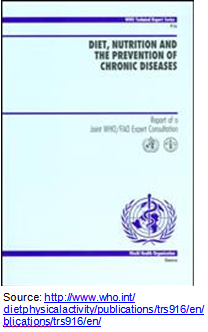
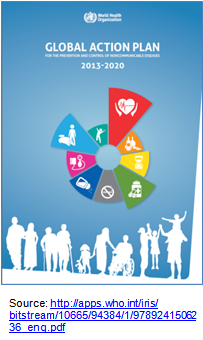 WHO’s Global Action Plan for Prevention of Non-communicable Diseases 2013-2020, which is being update to 2030, focuses on reducing:
WHO’s Global Action Plan for Prevention of Non-communicable Diseases 2013-2020, which is being update to 2030, focuses on reducing:
“… the preventable and avoidable burden of morbidity, mortality and disability due to noncommunicable diseases by means of multisectoral collaboration and cooperation at national, regional and global levels, so that populations reach the highest attainable standards of health and productivity at every age and those diseases are no longer a barrier to well-being or socio-economic development.”
The Global Action Plan for prevention of Non-Communicable Diseases established focused targets are noted below.
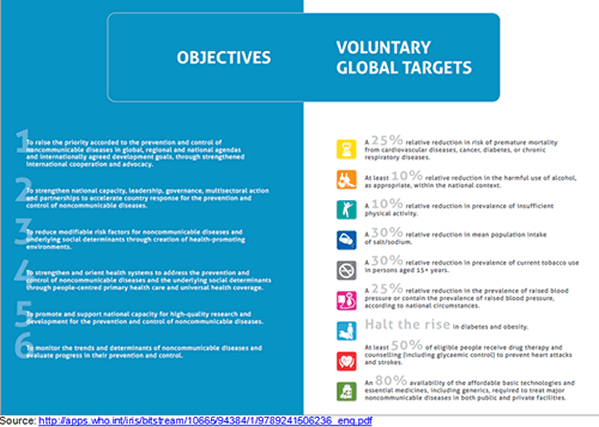
For more information on the WHO Global Action Plan, review the required reading:
World Health Organization (WHO). (2013). Global Action Plan for Prevention of Non-communicable Diseases 2013-2020. (pp. 1-13). Available at https://apps.who.int/iris/bitstream/handle/10665/94384/9789241506236_eng.pdf;sequence=1 and corresponding powerpoint presentation on the Development of an Implementation Roadmap 2022-2030 for the Global Action Plan for the Prevention and Control of NCDS 2013-2030. Available at https://cdn.who.int/media/docs/default-source/ncds/implementation-roadmap--presentation-of-disc-paper-aug-25-2021.pdf?sfvrsn=42f56e09_5
On November 21, 2016 the WHO Shanghai Declaration on Health Promotion for 2030 was issued at the 9th Global Conference on Health Promotion. The declaration commits to make bold political choices for health, emphasizing the connection between health and well-being. Watch this video (2:45) on WHO’s commitment to health promotion.
The University of Maryland School of Nursing offers a Global Health Certificate. Click here for more information.
Concluding Comments
In the final analysis, to address any population issue, successful interventions require:
- an awareness that the problem exists
- an understanding of what causes the problem
- a capability to deal with the problem
- a sense of values that the problem matters
- political will to control the problem
The final two steps are often described as redefining the unacceptable, which identifies the ethical foundation of public health.
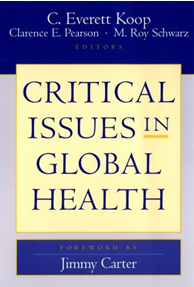 The miracle of science could and should be shared equally in the world. There is a growing chasm between those of us that are rich, powerful and healthy and those of us who are poor, weak and suffering from preventable diseases. If we are to improve health, we must concentrate on existing disparities to opportunities, resources, education and access to health programs. Only to the extent that we can eliminate these inequalities will our dream for global health in the 21st century be realized.
The miracle of science could and should be shared equally in the world. There is a growing chasm between those of us that are rich, powerful and healthy and those of us who are poor, weak and suffering from preventable diseases. If we are to improve health, we must concentrate on existing disparities to opportunities, resources, education and access to health programs. Only to the extent that we can eliminate these inequalities will our dream for global health in the 21st century be realized.
This website is maintained by the University of Maryland School of Nursing (UMSON) Office of Learning Technologies. The UMSON logo and all other contents of this website are the sole property of UMSON and may not be used for any purpose without prior written consent. Links to other websites do not constitute or imply an endorsement of those sites, their content, or their products and services. Please send comments, corrections, and link improvements to nrsonline@umaryland.edu.
